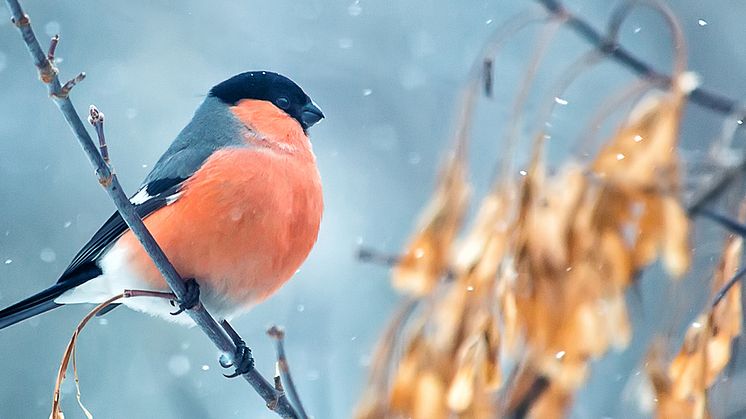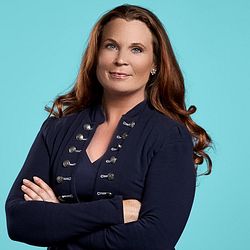
Nyhet -
This year's Christmas present to nature
According to the latest report from the IPCC - the UN's Intergovernmental Panel on Climate Change - the target of keeping global warming to a maximum of 2 degrees Celsius is about to become unachievable. Instead, we are heading towards a temperature increase of 3 degrees. Things are starting to get urgent. According to the IPCC, greenhouse gas emissions need to be cut by 45% in the next decade if the global climate agreement is to be upheld. As part of its work on sustainability, this year Hogia has opted not to give Christmas presents to its customers and is instead donating to the Swedish Society for Nature Conservation (SSNC) for its work on climate change.
"There is an ever-decreasing time window to arrest climate change. Seriously far-reaching changes have already taken place. Many scientists are warning that the emissions we have already made could give rise to a 1.5-degree rise in temperature. This in turn is likely to have to serious consequences in many parts of the world," says David Kihlberg, Head of the Swedish Society for Nature Conservation's Climate and Legal department.
The Swedish Society for Nature Conservation is Sweden's largest environmental organisation, with 226,000 members. It is an ideal-driven and politically independent association that works to get climate policy issues high on the agenda in politics, industry and among the public.
"The climate issue is a global problem that requires global solutions. We now collaborate with 60 environmental organisations around the world. However, we believe that Sweden needs to take a lead and ratchet up its climate ambitions even further as a means to driving progress internationally. For instance, we enjoy better conditions than many other countries for the creation of a society based on renewable energy. At the same time, here in Sweden we have among the highest emissions per person in the world," Kihlberg states.
Alongside the political arena, intense work is being done to help companies and individuals with ideas about how to manage energy use and be more energy-efficient.
"There's an incredible amount we can all do to reduce our climate impact. We can make our energy use more efficient and review our use of transport. We can also help to build opinion and make contact with local politicians and people around us. There has been, for example, a shift in norms in society. It's no longer a self-evident positive to fly long distances on family holidays," Kihlberg continues.
The climate issue has gained momentum in recent years as the impact of environmental problems has become more noticeable, with reduced crop yields, forest fires and, above all, streams of migrants fleeing natural disasters.
"Despite the serious situation I'm optimistic about the future. There's an extremely tight consensus. The Paris Agreement is backed by most of the world's countries. There is a resoluteness and a will to make it happen. It is also important to remember that change does not happen on a linear basis. A critical mass is being built up that can quickly achieve a climate switchover. It is important, though, that we all understand what contributions we can make," Kihlberg concludes.
